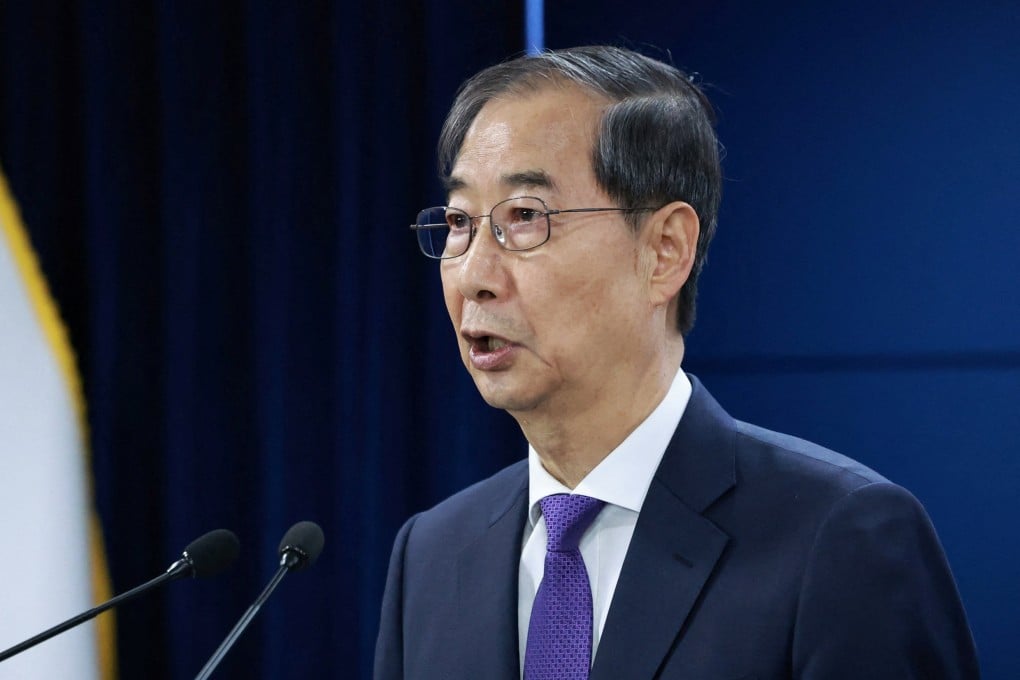The Securities & Exchange Commission of Pakistan (SECP) and the Pakistan Institute of Corporate Governance (PICG), both seem to be going in an overdrive in framing legislations and introducing enhanced compliances vis-à-vis ESG (Environment, Social & Governance) and climate action. Of late the most industrialised province of the country, Punjab, unleashed new environment control laws and an enforcement task force with unbridled powers giving yet another unwanted oversight to a department with unchecked powers and riddled with corruption; and this, amidst an industrial environment where the pace of de-industrialising seems to be now headed into an industrial dismantling phase. Ironically, the world around us and the very champions of this cause are today changing faces to instead focus on short to medium term competitiveness and profitability.
Argument being that one first has to survive to become a champion of the good! As per Bloomberg’s latest findings in today’s corporate world, less and less companies are talking about climate, environment or say the ESG concerns. The question that arises is that does this drop in discussions of sustainability on earnings’ calls represent a real shift in companies’ activity, or just a change in emphasis in their public statements? To answer this let’s dive into the structure of an earnings call. First, the call usually begins with some prepared remarks by the company and then Q&A for investors.

Sustainability topics tend to be strategic and not a major part of the quarterly reporting (if sustainability is a major part of your quarterly statement, that is typically not a good thing), so it is only natural that the management worries more about its accountability from the shareholders on profits than on sustainability or environment controls it is able to achieve. Second, a good reason is because the expectations on disclosure for sustainability has been substantially complicated over the last few years. Much of the most financially material sustainability information is now disclosed under a regulatory standard in the EU, and for many large U.
S. companies as a result. That process is very much in development and one is not surprised that companies are shelving strategic or future-looking statements on sustainability topics while those regulated disclosures are determined and drafted, and Third, the backlash against “ESG” and “DEI” from the U.
S. federal government have certainly impacted the general counsels who are now recommending that these topics be kept out of the prepared remarks unless there is a truly a compelling reason to bring them up. Collectively, deprioritizing decarbonization is like an equivalent of driving growth through credit card purchases, meaning, by spending on them heavily in advance, we are putting off the cost of our growth until later and we will pay interest only as it becomes due.
Digital Future The Pakistani Corporate legislators need to take cognisance of this to avoid overregulating an already overregulated industrial sector and to address the danger of eroding Pakistan’s industrial competitiveness. Perhaps, a redeeming factor could be that while policy prudence on ESG has of late creeped in to the minds of regulators in the developed countries and the global financial lending institutions, the initiative still remains very much alive, albeit now with a practicality handle on it. What has not changed are the fundamental risks and relationship between sustainability and business success.
Climate risks have not gone away. Risks from ecosystem degradation have not disappeared. Risks to business from the fraying of social cohesion (migration, inequality, conflict, etc.
) have not evaporated. These risks are still relevant if not more material with each passing day. Businesses would be exceptionally short-sighted not to have these issues in mind during business planning and investors will continue to expect to hear about their strategies and management approaches going forward.
So, for now it is a combination of toning down the public statements along with building a more nuanced understanding of which sustainability topics create risk and opportunity in the context of the current political and regulatory dynamics and more importantly, for industrial survival in an economy. Having said this, not every ESG topic is a financial risk and not every company will face the same types and severity of risks. But it is safe to say that all companies have some financial risk from ESG topics and it would benefit companies to think through what those risks are and what is the best strategy to try to avoid or mitigate those risks.
And surely, whereas, the corporate world at present is more and more focused on the downside risks, but in the longer term, there remain huge opportunities in solving climate and other sustainability challenges. Green energy, water technology, energy security and resilience, battery technology, minerals reuse and reprocessing are vast opportunities in tomorrow’s global economy and they are also some of the most pressing sustainability challenges. Investment capital will flow to these opportunities regardless of politics or short-term survival focus.
Forgotten Gaza So, companies who are not far sighted will definitely risk losing out in the future economy by deprioritizing climate and sustainability issues. Still, the most pertinent point for our legislators is to move and adapt to the changing times cum focus and like always, not wake up late to the game, since the risk here is the national industrial base. Dr Kamal Monnoo The writer is an entrepreneur and economic analyst.
Email: [email protected] Tags: time prudent.
Politics

Time to Be Prudent On ESG

The Securities & Exchange Commission of Pakistan (SECP) and the Pakistan Institute of Corporate Governance (PICG), both seem to be going in an overdrive in framing legislations and introducing enhanced compliances vis-à-vis ESG (Environment, Social & Governance) and climate action.















